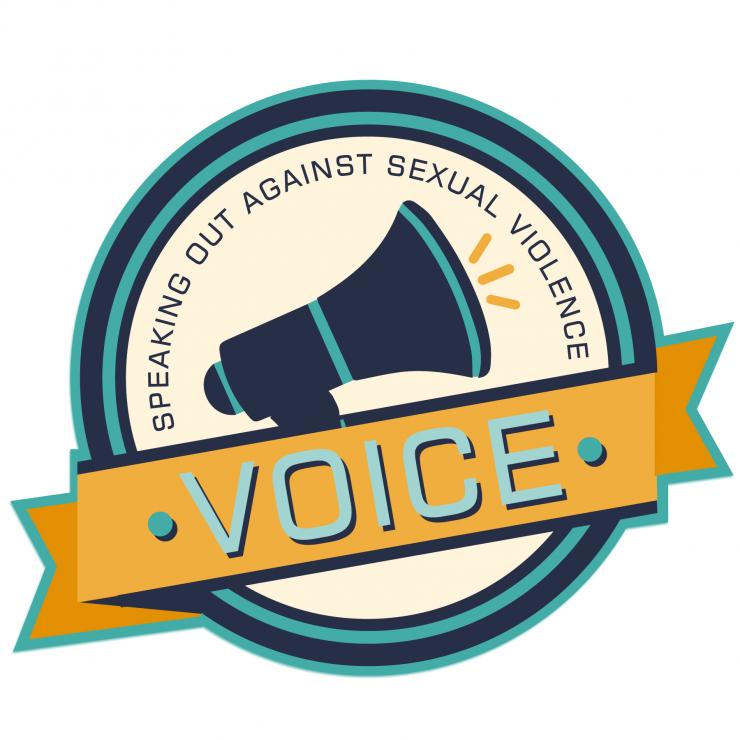
Healthy relationships are a critical component to achieving optimal well-being. There are many different types of relationships including friendship, romance, and professional. Relationships allow for social support and guidance allowing an individual to feel empathy, love, trust, and belonging. Social support can also provide tangible aid, service, advice, and information.
Healthy relationships must be based on shared values, mutual respect, honesty, equality, fairness, and open communication. They may or may not involve sexual activity. If partners choose to engage in sexual activity, it must be consensual.
- Mutual Respect: Listening to one another's ideas and showing empathy for what they may be feeling. Understanding each other’s boundaries.
- Trust: Understanding and respecting each other’s decisions and need to have independent activities.
- Honesty: The ability to tell another the truth without fear. Expressing feelings and discussing problems openly.
- Equality: Treating each other as equals, making decisions together and compromising on solutions
- Fairness/Forgiveness: The ability to admit when you may have been wrong. Forgiving another individual for past mistakes. Finding a solution that will benefit the partnership.
- Good Communication: Talking openly about your feelings, directly expressing needs and wishes, working through disagreements, and listening without judgment. Non-verbal communication such as gestures, tone of voice, and eye contact are also a key component to developing healthy relationships
VOICE HELP
GET HELP
Have you experienced sexual violence or have questions related to victim-survivor support, referrals, accommodations, and reporting options and need to speak to a VOICE Advocate?
For confidential support contact us at 404.894.9000 24 hours per day.
Appointments are available for individuals affiliated with Georgia Tech.


